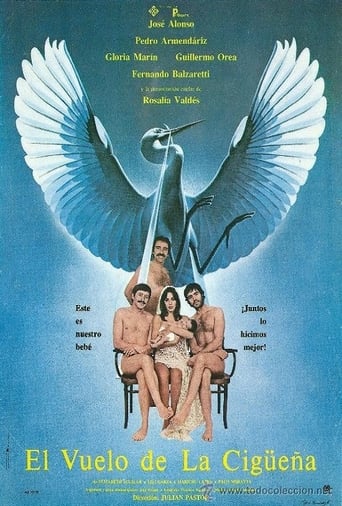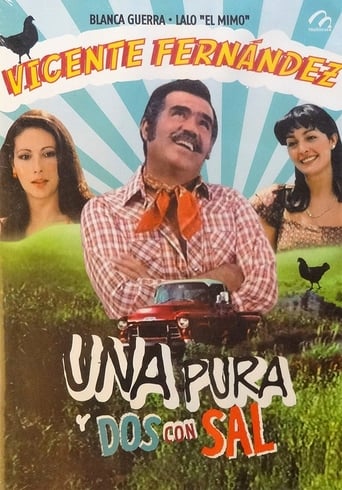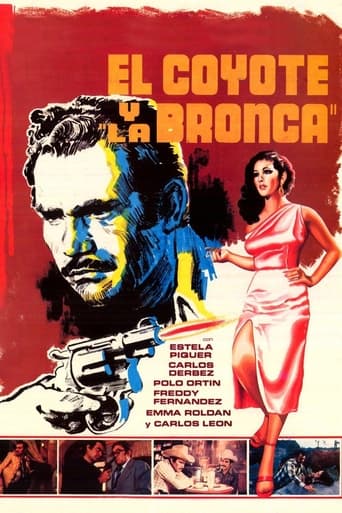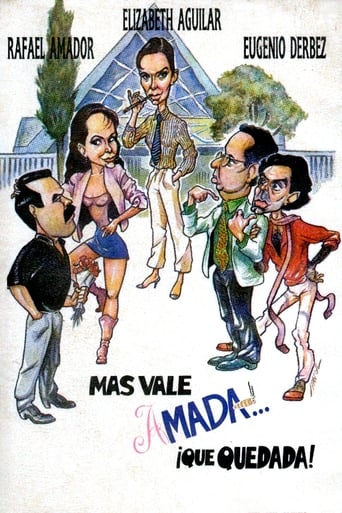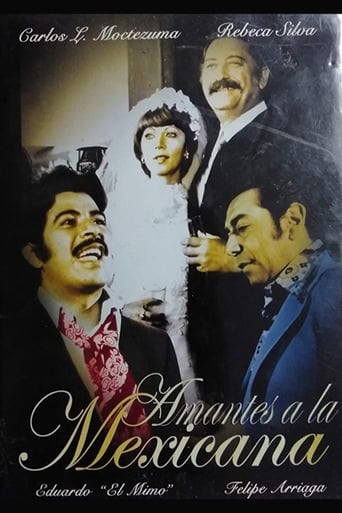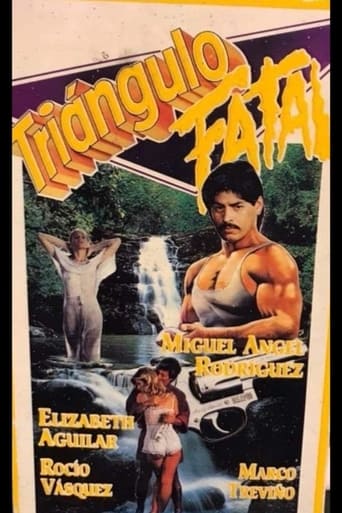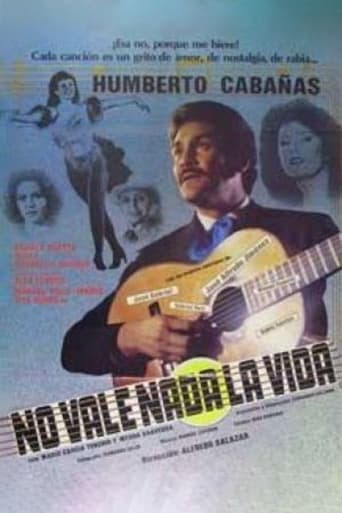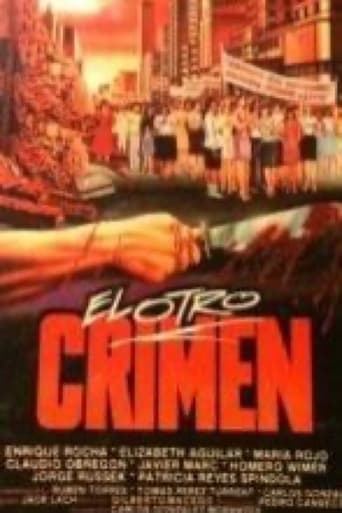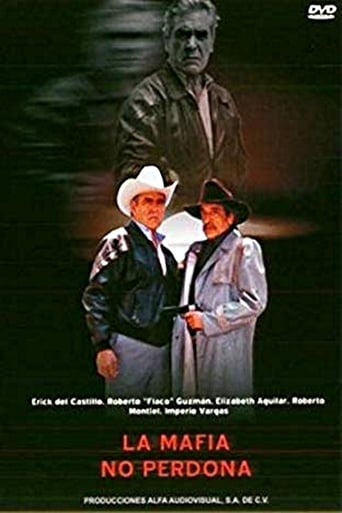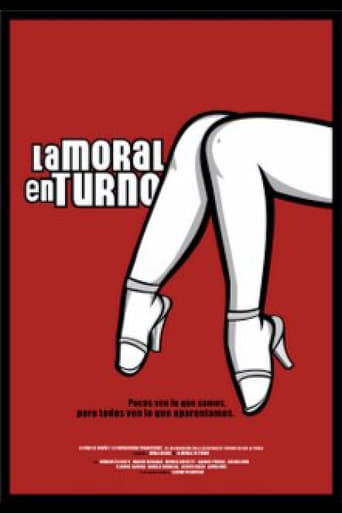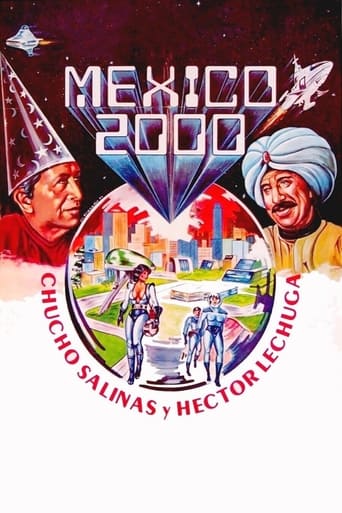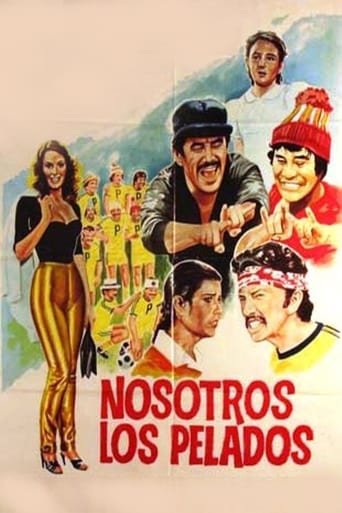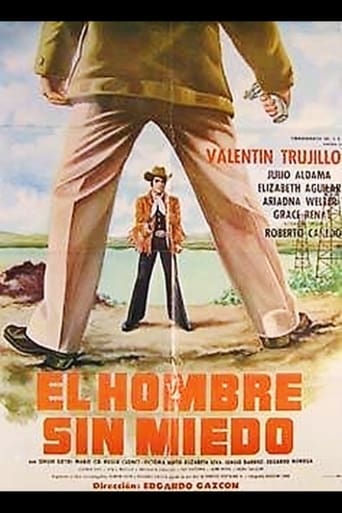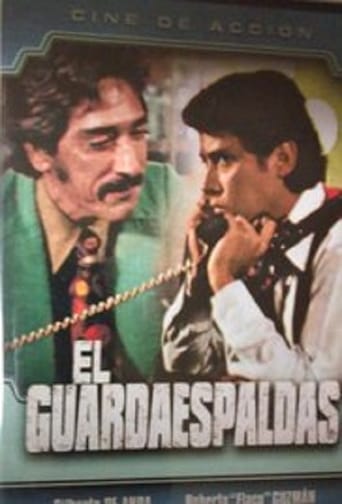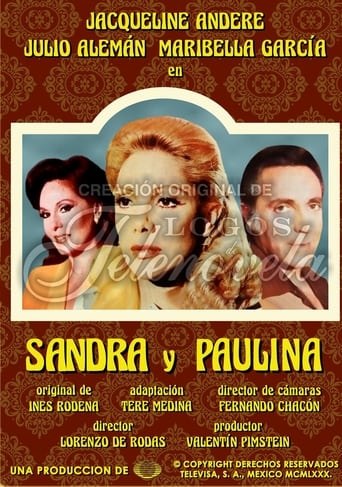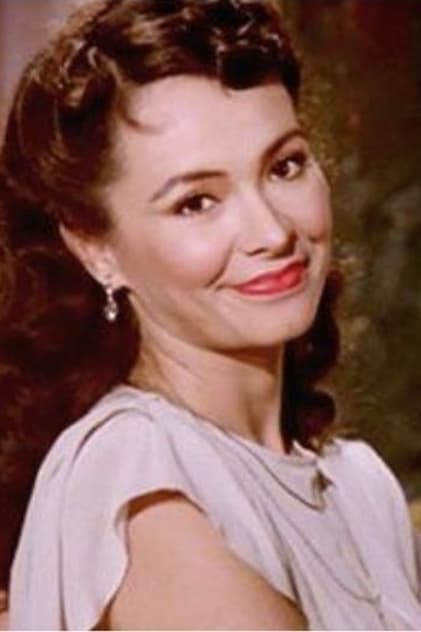
Elizabeth Aguilar
She studied drama and philosophy at the National Autonomous University of Mexico (UNAM) and accumulated knowledge in music theory and singing. In addition, she perfected her jazz, tap and classical dance movements for three years at Emma Pulido's studio. Elizabeth's beauty allowed her to participate in the 1977 Miss Mexico pageant, where she won second place and gave her the opportunity to represent Mexico in the Miss World contest held that same year. Although she was among the 15 finalists, the young woman caught the attention of the producers who called her to be part of their projects. Months after being part of the contests, Aguilar made her debut in the program 'Variedades de media noche' where figures such as Carmen Salinas, Lyn May, Rosy Mendoza, among many other beautiful vedettes of the 70's appeared. The young promise jumped to the big screen only two years later, as she appeared in the movie 'El vuelo de la Cigüeña', a film that brought her other projects such as 'Amor a la mexicana', 'No vale nada la vida', 'Bonampak' and 'Mariana, Mariana', based on the novel 'Las batallas en el desierto' by José Emilio Pacheco and that gave her a nomination for the Ariel award in 1988. In television she participated in the melodramas 'Tania', 'Amor ajeno' and 'Entre el amor y el odio', as well as in programs such as 'Sábado loco, loco', 'No empujen' and '¿Qué nos pasa?'. Along with her career as an actress, she released two albums as a singer: 'Elizabeth Aguilar' in 1989 and 'Ahhrebatadora' revealed in 1991, proving that she was a complete artist. Isela Vega, was the first Latin American woman to appear in Playboy magazine in the United States, however, Elizabeth Aguilar, was the first Mexican woman to pose in the Aztec edition. In 1984, the "Bunny" caused great controversy and furor with her cover in that publication, becoming one of the biggest sex symbols of that decade.
- Tit: Elizabeth Aguilar
- Popilarite: 1.02
- Li te ye pou: Acting
- Anivèsè nesans: 1954-08-18
- Kote ou fèt: Jalisco, Mexico
- Paj dakèy:
- Konnen tou kòm:

